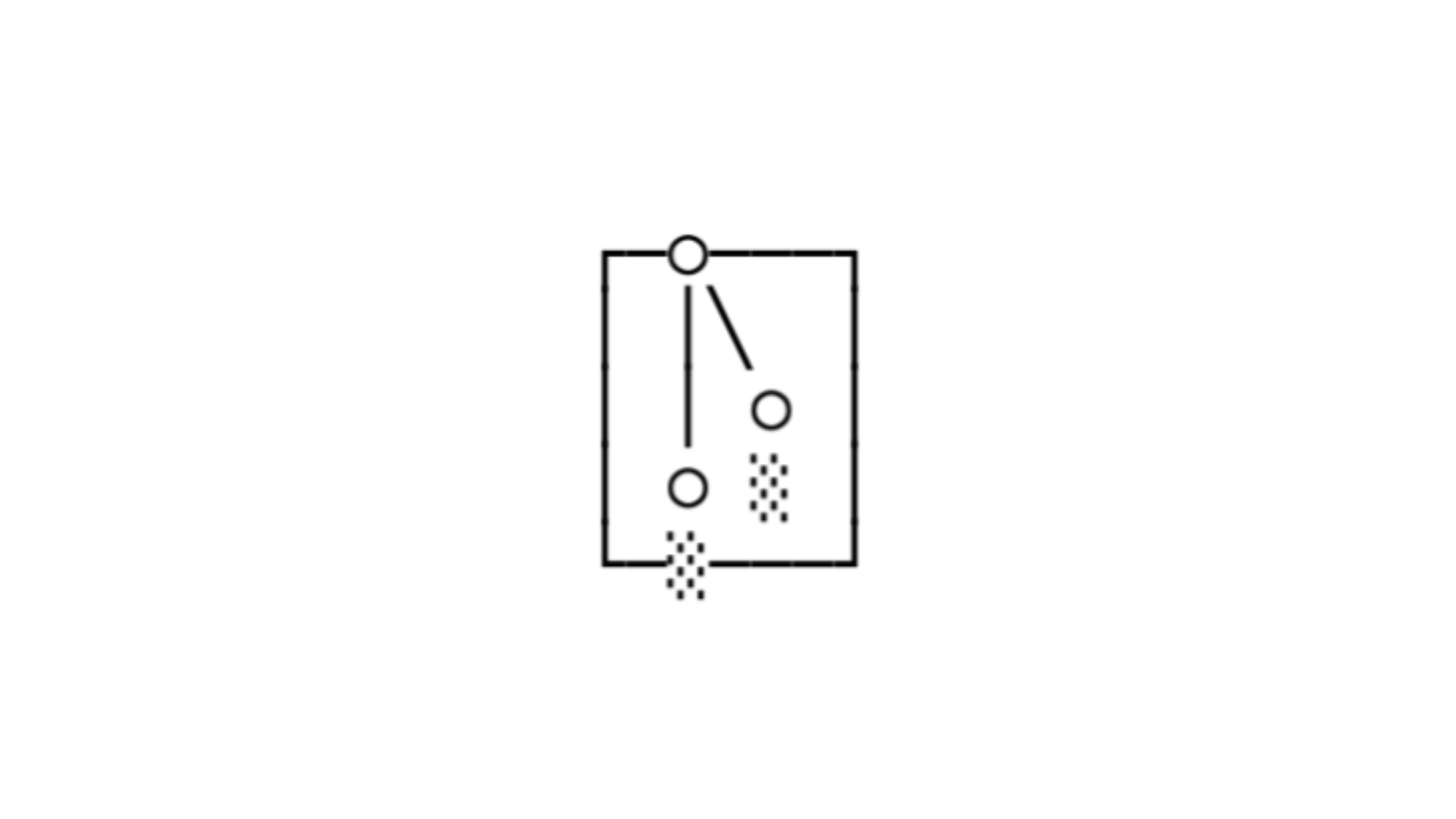Table of Contents
Gitleaks
Free
Gitleaks is a free, open-source, and cross-platform SAST (Static Application Security Testing) tool designed to detect and prevent secrets from being committed to Git repositories. Created by Zachary Rice, it scans Git repos, files, and standard input for a wide range of sensitive information. Think of it as a diligent security guard for your codebase, constantly vigilant against potential leaks. It's a command-line tool that can be integrated into various stages of the software development lifecycle, from local development to CI/CD pipelines. More information about Gitleaks is available here.
Key Features
Gitleaks boasts an impressive array of features that make it a powerful tool for secret detection:
Comprehensive Scanning: Scans Git repositories (including historical commits), directories, and standard input.
Configurable Rules: Utilizes a TOML configuration file (
.gitleaks.toml) for defining custom rules and exceptions. This allows tailoring the tool to specific organizational needs and reducing false positives.Baseline Reporting: Generates a baseline report of existing findings to ignore, allowing teams to focus on newly introduced secrets. This is crucial for managing legacy codebases.
Multiple Report Formats: Supports various report formats, including JSON, CSV, JUnit, and SARIF, making it easy to integrate with existing security tools and dashboards.
Pre-Commit Hook Integration: Can be integrated as a pre-commit hook to prevent commits containing secrets from ever reaching the repository.
GitHub Actions Integration: Offers a dedicated GitHub Action for automated scanning of pull requests and commits within GitHub workflows, enabling continuous monitoring.
Decoding: Automatically decodes base64 and base64url encoded strings to detect secrets that might be obfuscated.
Redaction: Redacts secrets from logs and standard output to prevent accidental exposure during scans.
Use Cases or Applications
Gitleaks is incredibly versatile and can be applied in numerous scenarios:
Local Development: Developers can use Gitleaks locally to scan their code before committing, preventing secrets from ever entering the repository. Use the command
gitleaks protect --stagedto scan files in the staging area.Pre-Commit Hooks: Integrating Gitleaks as a pre-commit hook ensures that every commit is scanned for secrets before being accepted, providing an automated gatekeeper. The article "What is GitLeaks and How to Use It?" provides a great guide for setting this up.
CI/CD Pipelines: Incorporating Gitleaks into CI/CD pipelines automates secret detection as part of the build process, ensuring that no secrets make their way into production. The Gitleaks Azure DevOps task automates this process for Azure DevOps users.
Incident Response: Gitleaks can be used to scan existing repositories for historical leaks, helping organizations identify and remediate past security vulnerabilities. See official documentation for more details.
Compliance Audits: Gitleaks can be used to demonstrate compliance with security standards and regulations that require the protection of sensitive information.
What is Unique About Gitleaks?
While several secret detection tools exist, Gitleaks stands out due to its:
Ease of Use: Gitleaks is relatively simple to set up and use, even for those without extensive security expertise.
Flexibility: Its configurable rules and multiple report formats make it highly adaptable to different environments and workflows.
Community Support: As an open-source tool, Gitleaks benefits from a vibrant community that contributes to its development and provides support to users. Visit Gitleaks for more information.
GitHub Actions Integration: The dedicated GitHub Action simplifies integration with GitHub workflows, making it easy to automate secret detection.
Active Development: Gitleaks is actively maintained, with regular updates and new features being added. To stay up to date, check the Gitleaks blog.
Who Should Use Gitleaks?
Gitleaks is a valuable tool for a wide range of users:
Developers: To prevent accidentally committing secrets to repositories.
Security Engineers: To identify and remediate existing secret leaks and enforce security policies.
DevOps Engineers: To automate secret detection as part of the CI/CD process.
Project Managers: To ensure that projects adhere to security best practices.
Organizations of All Sizes: Any organization that handles sensitive information should use Gitleaks to protect against data breaches. Read this guide to detect hardcoded secrets.
Supported Platforms & Installation
Gitleaks supports macOS, Linux, and Windows. Here's how to get it:
Homebrew (macOS): The simplest way to install on macOS is using Homebrew:
brew install gitleaksDocker: You can use the Docker image:
docker run --rm --volume="$(pwd):/repo" zricethezav/gitleaks:latest --repo=/repoGo: Clone the repository and use
make build.Pre-commit Hook: Integrate into the pre-commit workflow by configuring
.pre-commit-config.yaml.GitHub Action: Integrate into GitHub workflows using
gitleaks/gitleaks-action@v2. See the official documentation for detailed instructions.
Pricing
Gitleaks is free and open-source, making it an accessible security tool for everyone. The GitHub Action also provides a free tier for personal accounts, with organization accounts requiring a free license. Also, here is a tutorial for Gitleaks.
Short Summary
Gitleaks is an essential tool for any organization looking to prevent the accidental exposure of secrets in Git repositories. Its comprehensive scanning capabilities, configurable rules, and ease of integration make it a valuable addition to any security toolkit. By incorporating Gitleaks into your development workflow, you can significantly reduce the risk of data breaches and protect your sensitive information. Manual code reviews should still be conducted for maximum security. Learn more about Gitleaks.
Found this tool interesting? Keep visiting thesecmaster.com, and our social media page on Facebook, LinkedIn, Twitter, Telegram, Tumblr, Medium, and Instagram, and subscribe to explore more useful tools like this.
Gitleaks
Free
March 31, 2025
